12 Foods to Avoid During Chemotherapy
Chemotherapy is difficult to go through, to say the least. I’ve been there. Don’t make cancer treatment side effects worse with the foods you eat. Avoid these 12 foods during chemotherapy and be a bit kinder to yourself.
This post contains affiliate links. As an Amazon Associate, I earn from qualifying purchases.
Foods and Chemotherapy
I have written different articles on foods with tamoxifen and eating during radiation therapy. But I have been hesitating writing about foods and chemotherapy because it can be complicated.
The problem is that there are many chemotherapy protocols out there. There are well over 100 different chemotherapy drugs used today. And with each drug and drug combination comes some specific do’s and don’ts about what to eat during chemotherapy. And the science on this is sparse. We are only just learning about food-drug interactions.
However, there are some basic concepts. So, maybe this is a good place for me to start.
Be sure to talk to your oncology team about what you should eat or not eat with the chemotherapy protocol you are on.
Side Effects of Chemotherapy and Eating Foods
Cancer patients going through chemotherapy can have multiple side effects to the medications. I know that I did. There were days I did not even feel like eating. There were days that even the smell of food made me nauseated. And I am not alone. These side effects are common.
So what are the side effects of chemotherapy that interfere with eating?
Nausea and Vomiting
I felt very nauseated for about 3 days after a dose of my FEC chemo. I was only mildly nauseous after my Taxol treatments. But I know many patients that experience all sorts of variations on this.
Generally, I would say that most cancer patients experience this side effect at some point during chemotherapy.
If you don’t feel like eating, that is okay. Sometimes fasting can help you recover. But be sure to tell your doctor that you don’t want to eat. They are there to help you with these troubling side effects. And not eating for extended periods is not good.
Diarrhea
Sometimes the chemo drugs affect your intestines and can give you diarrhea. This may lead to dehydration and nutritional imbalances. It is important to discuss this side effect with your doctor.
Some foods can make diarrhea worse. So, it is best to avoid any foods that give you stomach cramps or worsen your loose stools.
Constipation
I had this problem. And it was not fun, of course. Some patients have this a lot worse than I did. And I sympathize with you. It hurts!
Avoid foods that can aggravate this situation for you. Drink plenty of water. Research has shown that Sparkling water may help with this side effect too.
Suppressed Immune System
Chemotherapy is notorious for suppressing your immune system. The drugs can destroy healthy white blood cells and interfere with hormones that are responsible for fighting infections.
It is important to practice good food safety, including preparing the food, cooking and storing any leftovers. I list some food safety guidelines below.
Changes in Taste
Many of the chemotherapy drugs can affect your sense of taste. Most patients report a metallic taste to foods and water. I experienced this myself.
But it isn’t completely horrible. While some of my favorite foods tasted awful, others tasted okay. Some foods I never really enjoyed started to taste pretty good.
It is important to experiment a little when you can’t stand your go-to foods. Keep an open mind and perhaps try different things to find what works for you.
Mouth Sores
Mouth sores are another common problem for chemotherapy patients. And they can be quite bothersome. Some people may be unable to eat because their mouths hurt.
Your doctor can help with this too. Be sure to tell them you are having this problem.
Some patients have found that using a straw with a nutrition shake helped get them through this temporary discomfort.
There are some foods, such as acidic or spicy items, you will want to avoid if you have mouth sores.
Now, let me tell you about 12 foods to not eat during chemotherapy.
Foods to Avoid During Chemotherapy
1. Citrus Fruits
The obvious problem with citrus fruits is that they can sting if you have mouth sores.
But citrus fruits, like grapefruit, clementine and Seville oranges, contain compounds that can interfere with the metabolism of some drugs. Drugs that are broken down by the liver’s CYP enzyme system can be affected by these foods. I go into more detail on the CYP enzyme system in my article on the Do’s and Don’ts of Eating while Taking Tamoxifen. Some chemotherapy drugs, such as Taxol, are affected by this too.
The citrus flavonoid, hesperidin, can also reduce the effectiveness of other chemo drugs, such as Cyclophosphamide, Taxotere and Adriamycin.

2. Spicy Foods
Spicy foods can irritate the lining in your mouth. It can be especially painful to eat these foods if you have mouth sores.
Capsaicin is the compound in hot, spicy foods that gives it a kick. This compound has been shown to be beneficial for cancer patients. It can protect against some cancers and helps with pain, nerve and circulation problems. But it can make digestive issues worse. Spicy foods can complicate symptoms of nausea and diarrhea.
Garlic can add spice to foods and is generally safe to eat in small quantities. But large amounts of garlic can worsen digestive upset. And concentrated garlic supplements can interfere with the cancer fighting properties of some chemotherapy drugs.
3. Unpasteurized Milk
Milk can affect cancer patients in different ways. Those with mild or unknown lactose intolerance may experience more diarrhea during chemo if they consume dairy. Others may find milk worsens constipation issues. There is certainly controversy about drinking milk when you have cancer.
Regardless, you should not drink any unpasteurized milk or dairy products during chemotherapy. The process of pasteurization kills potentially harmful bacteria and fungus. You don’t want to be ingesting any of these organisms when you have a weakened immune system. It can make you very ill.

4. Raw Honey
Honey has healing properties and can help with pain and infections. And raw honey is better at this than pasteurized products. But, as we just discussed with unpasteurized dairy products, raw honey can contain potentially harmful microorganisms, such as botulinum. Don’t expose your weakened immune system to that. It has enough to deal with right now.
5. Blue Cheeses
Blue cheese is made with cultures of microorganisms such as Penicillium and Brevibacterium. While these are safe for healthy adults to eat, they could make you sick if your immune system is suppressed.
Some examples of blue cheeses also include Gorgonzola, Roquefort, Stilton, and Cambozola.
Other cheeses to avoid include feta, brie, and camembert. Goat cheese, soft cheeses and cheese made with unpasteurized milk should also be avoided by people who are immunosuppressed.
6. Undercooked Meats
Eating that rare steak should wait until your immune system is stronger.
Undercooked meat can contain harmful bacteria and parasites. Salmonella, E.coli, and Listeria are just a few bacteria that can cause food poisoning if ingested by those who are immunosuppressed.
It is also important to note that red meats can cause constipation too. So, if you are experiencing this side effect, perhaps stay away from beef, pork, lamb or venison, at least until your treatments are done.
7. Sushi
Sushi is essentially raw seafood. And for the reasons we just talked about above, chemotherapy patients with weakened immune systems shouldn’t eat it.

Some seafood, such as fatty fish like herring and mackerel, may lead to chemoresistance in some patients. These fish contain significant levels of a fatty acid that counteract chemotherapy.
“All tested fish oils and herring and mackerel fishes contained relevant levels of fatty acid 16:4(n-3), a fatty acid with chemotherapy-negating effects in preclinical models. Until further data become available, fish oil and fish containing high levels of 16:4(n-3) may best be avoided on the days surrounding chemotherapy.” – JAMA Oncology –
8. Runny eggs
Raw eggs are notorious for being contaminated with salmonella and other potentially harmful bacteria. People undergoing chemotherapy should cook their eggs well.
Raw or undercooked eggs are also harder to digest. Cooked egg protein is much easier to process and absorb by your body.

It is also important to note that some foods may contain raw or undercooked eggs. Hollandaise sauce, some mayonnaises and freshly prepared salad dressings may contain raw egg. Ice cream, eggnog, tiramisu, and some cake icings may also contain raw or undercooked eggs. Be sure to check the ingredient list.
Try to avoid eating a lot of eggs if you are also experiencing digestion issues from your chemo. Eggs can be constipating.
Although, well cooked scrambled eggs may be soothing for mouth sores and provide you with some good healthy protein. And eggs can give you an energy boost and help combat cancer-related fatigue. So, cooked eggs are good to eat during chemotherapy.
9. Caffeine
Caffeine can aggravate your digestive system and lead to heartburn and stomach trouble. It is a stimulant for the intestine, so can make diarrhea and intestinal cramps worse during chemotherapy.
Caffeine was also discovered to interfere with the cancer-killing effects of some drugs. The anticancer actions of Taxol and Doxorubicin, among others, are lower when caffeine is on board.
10. Greasy Foods
Fried foods can be comforting when we are emotional and dealing with cancer. Chemotherapy makes us feel miserable and we may crave our favorite comfort foods. However, be aware that these greasy foods can make any stomach or intestinal issues worse.
Greasy foods are known to worsen diarrhea, cramping and bloating issues.
However, the smell of these foods may make you think twice about eating them. Nausea can worsen just by smelling cooking fats.
These foods are not healthy anyways. They can increase inflammation in your body.
11. Unwashed Raw Vegetables and Fruits
Most vegetables and fruits are healthy to eat during chemotherapy. Vegetables, especially, are packed full of vitamins, minerals, and anti-cancer compounds. Some of the best foods to eat are cruciferous vegetables, as they have some powerful cancer fighting properties.
However, make sure you wash your vegetables and fruits well with plenty of fresh, running water.
Cooking your vegetables makes them easier to digest and absorb all those wonderful nutrients.
The acidity in many fruits can irritate mouth sores. Eating too many fruits can lead to diarrhea. But some fruits such as apricots, pears and prunes can help ease constipation. Eat fruits in moderation, as you enjoy them. But hold back if you are having these issues.
Healthy foods are only healthy if you feel good after eating them. Never feel obligated to eat something just because it is suppose to be good for you. Do what is right for you, in this moment of time.
12. Raw Nuts, Seeds and their Butters
Raw nuts and seeds may contain a variety of microorganisms. Aspergillus, Salmonella and other contaminants can live in raw peanuts, other nuts and seeds. And, just as with any other raw food we talked about, these can make you sick if your immune system is not healthy.
Stick with pasteurized peanut butter, other nut butters and tahini. Eat roasted seeds and nuts. And toss any outdated nut or seed products in the garbage.
Be aware that homemade and restaurant hummus is often made with tahini that is not pasteurized. Some pre-made, store-bought hummus is pasteurized. However, be sure to use it within its best before date, as it can easily grow bacteria. Hummus is often recalled due to bacterial contamination.
If you love some of the foods on this list, know that you can enjoy them again once your chemotherapy is finished. For most, avoiding the foods on this list is only temporary.
Food Safety during Chemotherapy
It is a good idea to be safe with your food at any time. But, because many of the drugs can suppress your immune system, you must practice good food safety when going through chemotherapy.
Here are some general tips for handling your food safely.
- Wash your hands well before preparing and eating meals
- Don’t leave food sitting out on your kitchen counter
- Leftovers should be covered and refrigerated within 2 hours
- Keep cold foods at less than 40 oF (4 oC)
- Keep hot foods at more than 140 oF (60 oC)
- Cook poultry and meats to an internal temperature of 165 oF (74 oC)
- Reheat casseroles and leftovers to a temperature of 165 oF (74 oC)
- Avoid wooden cutting boards, as they harbor germs
- Disinfect your counter tops after often
- Date prepared food and leftovers
- Freeze or toss leftovers after 3 or 4 days if not eaten
- Follow food safety guidelines for food storage
I wish you all the best with your treatments.
These other articles may interest you…
Drinking Water During Cancer Treatments – Your Questions Answered
Healthy Living With Cancer is Possible
The Best Exercise for Cancer Survivors
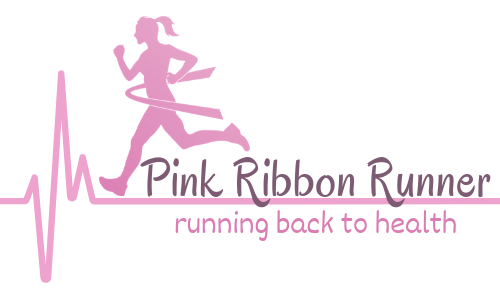
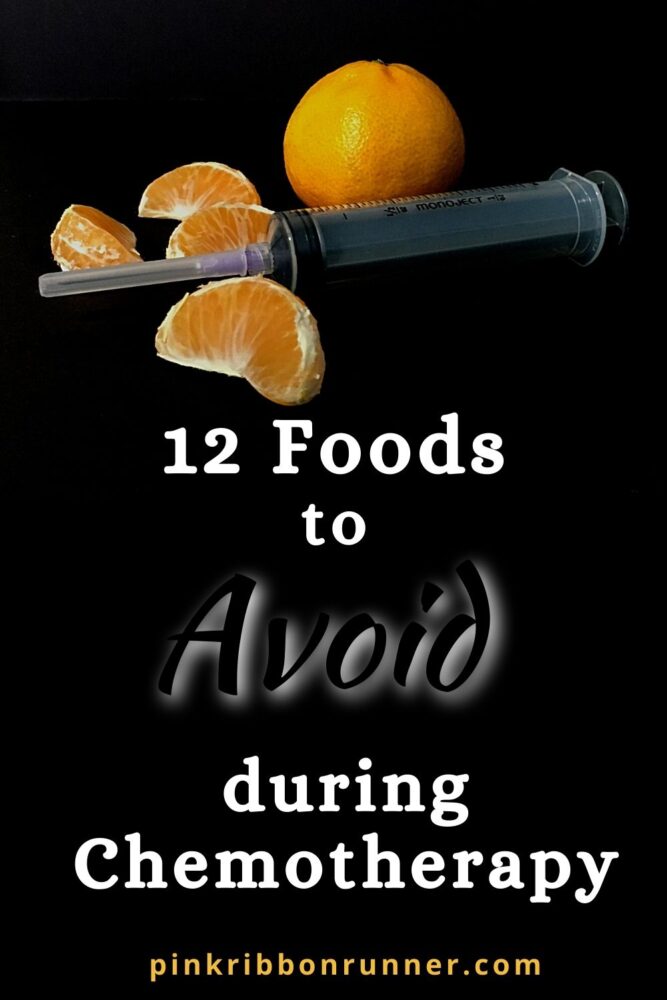

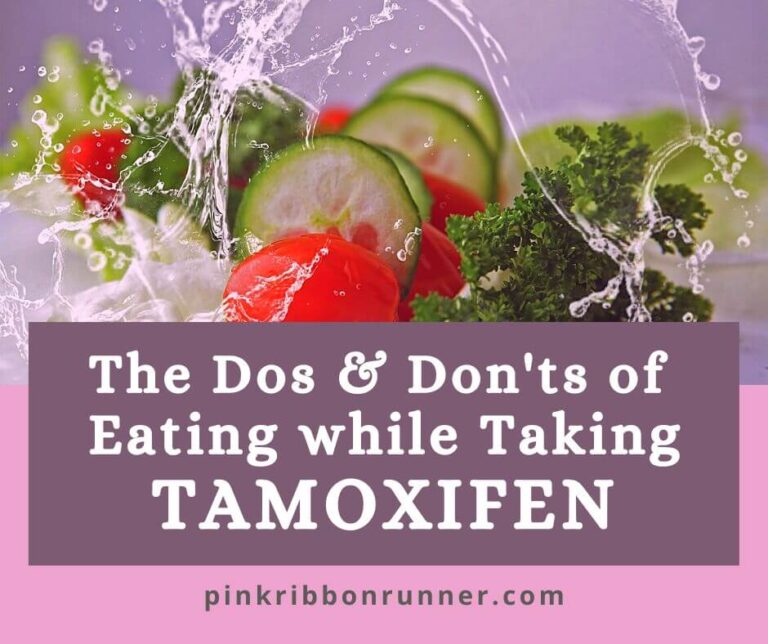
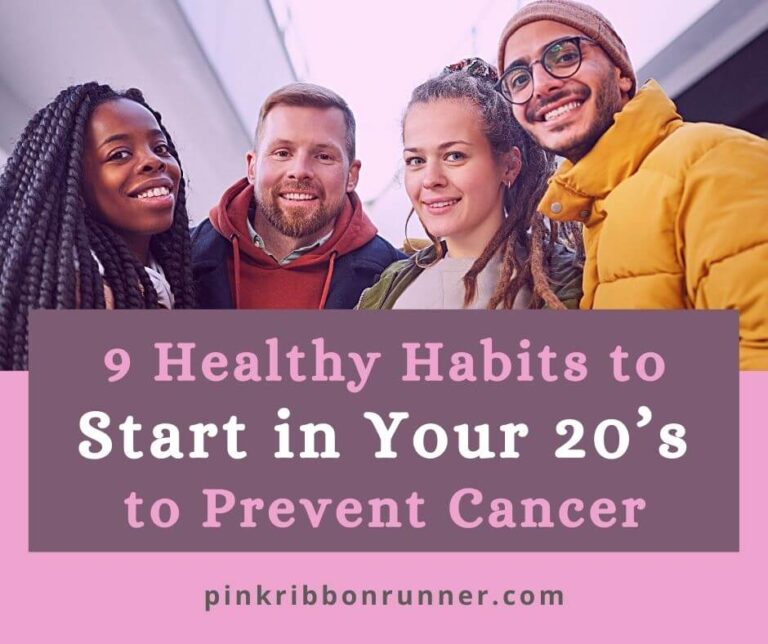
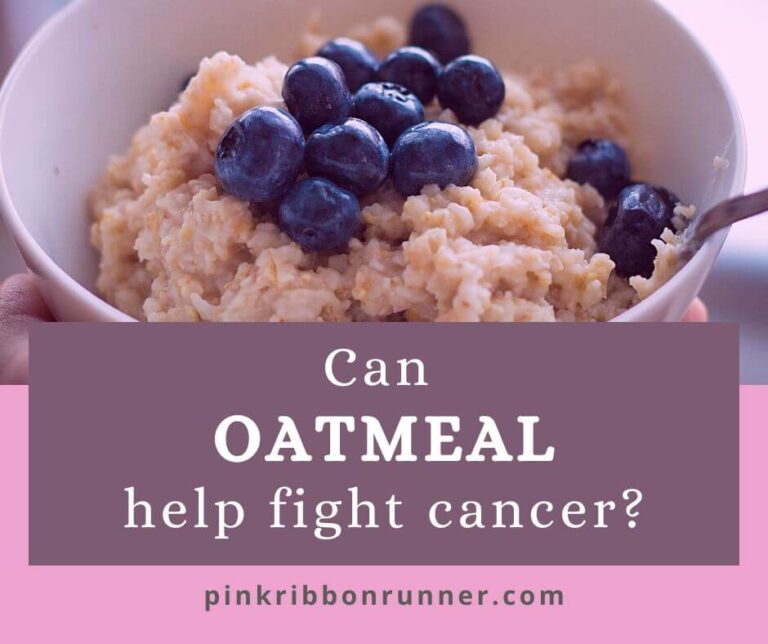
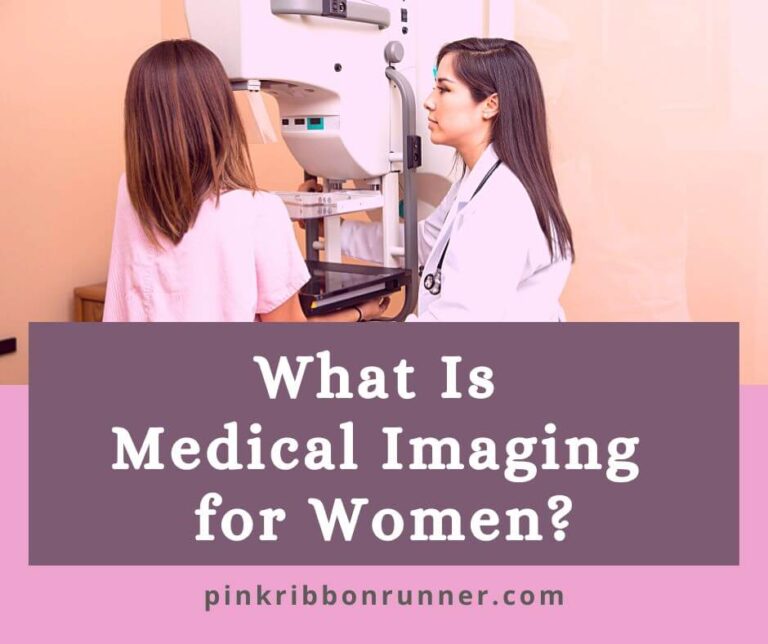
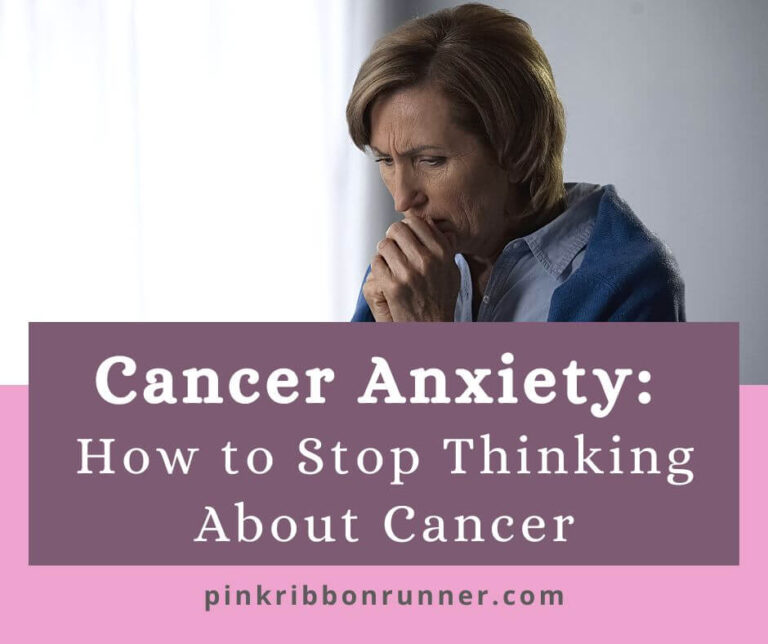
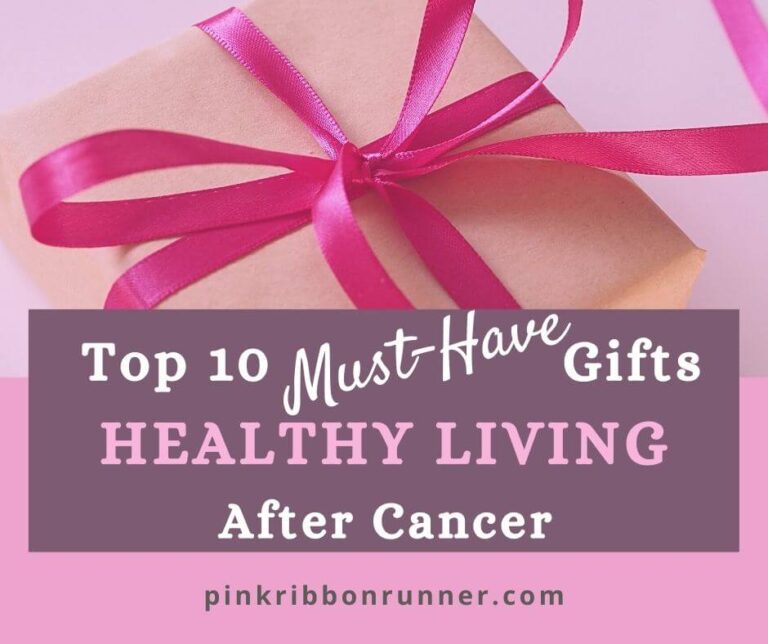
was just diagnosed with colon cancer, wife and I were researching do’s and dont’s when I came across you info. really helped us knowledge wise and gave us a big jump on what not to eat. Thank you.
This was very informative, my Dr said I shouldn’t have alot of the things on your list. I’m getting ready to go thru stem cell transplant in a couple weeks so I’m aware of the do’s and don’t. But I think it’s better for a person to see it first hand.
I wish you all the best in your treatments. Thank you for taking the time to comment.
The dietician I met on a group thing a bit after chemo was the biggest disappointment ever. It turned out I had done a lot more research than her. Of course, in an ideal world cancer would not even exist. Alas, we live in our world…
I am sorry you didn’t find the dietician helpful. And, yes, I wish cancer did not exist.
This is super helpful info, thank you! Saving for later!
Wish I’d read this when I was having chemo. No one told me any of this. I was very lucky and didn’t get either vomiting or any big GI issues. I did have mouth sores and I did go off fish for a long time. Just the smell was nauseating. These are definitely helpful tips.
A lot of it is newly published research that we didn’t know before. I am glad you didn’t have very many issues with chemo.